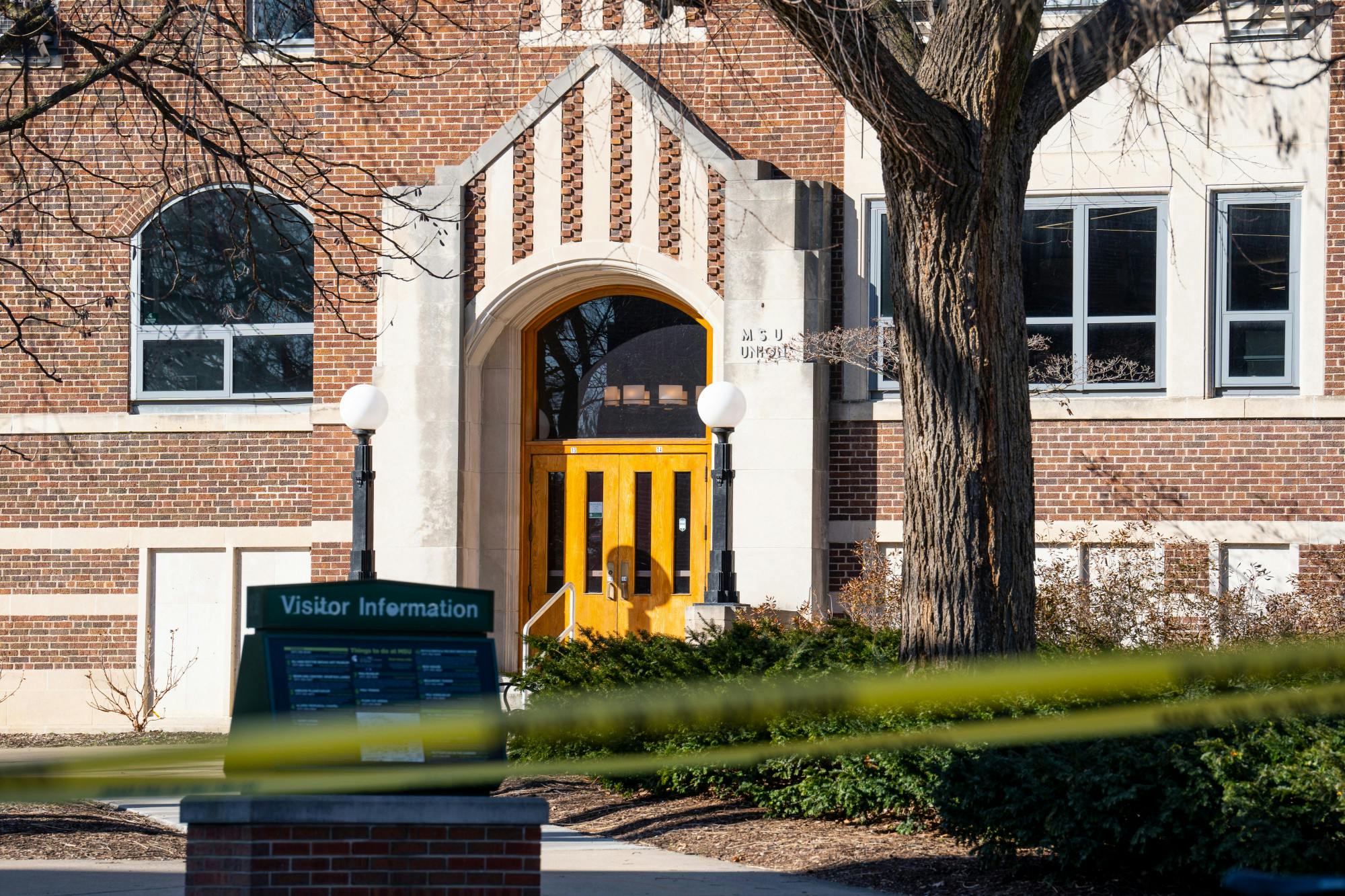After the Feb. 13 shooting on Michigan State University's campus, the university added multiple security updates around campus. However, for many freshmen and new students, the fear of shootings go beyond university intervention and point to a larger political issue of gun violence in America.
Political theory and constitutional democracy freshman JJ DeFeo came to MSU from New Hampshire, drawn in by the undergraduate research opportunities, unique programs and small number of core university class requirements. When he got news of the shooting, DeFeo said it was shocking that he toured the building the shooting had occurred.
While the tragedy didn't change DeFeo's decision to attend MSU, he said it emphasized gun violence across the country.
"Anywhere that I choose very well could be the next target," DeFeo said. "Coming here wouldn't be necessarily any more or less dangerous than anywhere else."
James Madison freshman Jack Glazier feels that MSU put enough effort to make the campus feel like a safe place, and there hasn't been a moment where he didn't feel safe on campus. Though the shooting didn’t change his view on MSU, he said it changed his view on school in general.
"If this could happen at Michigan State it could happen anywhere," Glazier said.
Since the shooting, MSU’s security updates include the addition of locks in classrooms, new emergency procedures and a new campus building lock time at 6 p.m.
However, DeFeo said the issue is political, and the university reallocating funds to legislation that lobby for safer gun policies could be a better long term investment over some of the updates MSU has been providing.
DeFeo pointed out how some campus buildings are locked at an earlier time than before the shooting.
"If you want to lock the buildings at all times, that’s one thing, but locking them at 6 p.m. is just kind of a pointless, arbitrary time," he said.
The newly installed metal detectors at Spartan Stadium are another example. For DeFeo, the metal detectors insinuate that there may be a threat at the stadium. If that’s the case, he said, it can be argued that metal detectors should be added in lecture and dining halls, where hundreds of students will often be.
"I feel like the only reason they put them into the football stadium is because that's where a lot of people from the public go," DeFeo said. "(MSU) can show off that they're trying to do things. Whether or not they're actually effective at protecting students seems to be relatively irrelevant."
Gov. Gretchen Whitmer visited East Lansing on April 13 to sign laws aimed at reducing gun violence. The laws expanded background checks and increased security in homes with children for firearms.
President of the March for Our Lives MSU chapter Joseph Kesto feels the recent security updates are in the interest of protecting the university’s image rather than students, as many students still don’t feel safe on campus.
In the event of another shooting, there isn’t a lot that the university could do to stop it, Kesto said, so responses should be aimed at comforting students. He said more community-based events, like the student-led vigil, were effective at bringing people together.
"We had the student-led vigil, but we didn’t really have anything after that," Kesto said. "It was just more protesting because we were angry until we saw those laws, and now that we (do), you can still see people don't feel safe."
Even beyond the shooting, Kesto said, many students in the Palestinian, Black and Jewish communities don’t feel safe, and the university continues to focus on protecting their image amidst the presidential search and Board of Trustees meetings.
MSU Department of Police and Public Safety plans to update security cameras with AI-based software that allows for 24/7 monitoring on campus, something that has raised First Amendment concerns among community members.
"I feel as safe as I would anywhere at any university," DeFeo said. "But that doesn't necessarily mean that I feel 100% safe, right?"
Support student media!
Please consider donating to The State News and help fund the future of journalism.
Discussion
Share and discuss “MSU freshmen share safety fears, navigating campus after shooting” on social media.







